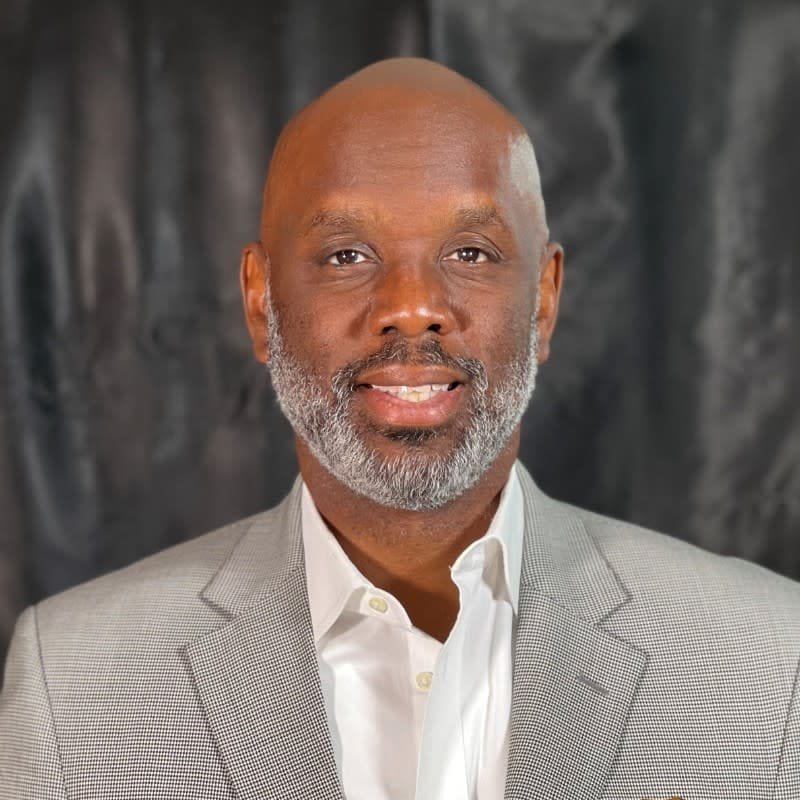Navigating the Digital Health Landscape: Building Trust, Transparency, and Inclusive AI
In a recent interview at HealthImpact Live, Janae Sharp, founder of mental health nonprofit The Sharp Index, sat down with Dr. Chris Gibbons, founder and CEO of digital health research firm The Greystone Group and an Innovation Advisor to both the American Medical Association and Federal Communications Commission. The two chatted about how the digital health industry has evolved since the turn of the century, the dangers of bias and blind faith in generative AI tools, and what steps the healthcare industry needs to take to rebuild patients’ trust.
The conversation began with a look back at Dr. Gibbons’ journey through the digital health field, all the way from his start as the Associate Director of the John Hopkins Health Institute to his current work. Dr. Gibbons noted that at the height of the pandemic, digital health tools like EMRs and EHRs were vital for keeping the healthcare industry afloat and patients safe. And new technologies, like generative AI, are pushing the field forward faster than ever before. But despite this progress, doctors still need to be careful — Dr. Gibbons warned that if we don’t handle AI correctly, it could make the patient experience worse, not better.
Sharp then asked how the industry can avoid those pitfalls, and whether data transparency might be the answer. Dr. Gibbons agreed, noting that if patients don’t know where their personal information and medical data is going or being used, they’re less likely to trust both doctors and digital health systems. Data transparency is also vital for reducing bias in AI training models, which often fail to account for the needs of patients from underrepresented groups. Keeping AI models in a black box, with no way to understand how its decisions are made, will only harm patients.
There needs to be a push for “transparent” and “explainable” AI models that patients and doctors can understand, Dr. Gibbons said, and developers need to confront these biases head-on instead of ignoring or downplaying the problem. Doctors also need to be wary of AI hallucinations that might output false or harmful advice: “They can’t just be assumed to always be right. We have to monitor them.” Developers can help fix this issue by allowing doctors to directly assist with the design of AI algorithms.
Sharp closed the discussion by noting that many patients, especially from underrepresented groups, have lost trust in the healthcare system. She asked Dr. Gibbons what can be done to rebuild that trust. He admitted that there’s no easy solution to this, but he believes that “community based participatory approaches” might be the key — in other words, when building new digital health tools, researchers and developers need to include diverse groups of patients, doctors, and community members in the process. Dr. Gibbons also ended by emphasizing that he’s hopeful about the future of digital health, and firmly believes that if the industry embraces collaboration, patient experiences and outcomes will improve.
Watch the Talk
Experts
Chris Gibbons, MD, MPH
The Greystone Group
Chris Gibbons, MD, MPH, is the founder and CEO of The Greystone Group, a digital health transformation firm. Greystone focuses on health sector visioning & design, innovation, Diversity Equity & Inclusion (DEI) and new health care revenue models. Dr. Gibbons is also the chief health innovation adviser at the Federal Communications Commission’s Connect2Health Task Force.
Previously he was the associate director at the Johns Hopkins Urban Health Institute. He is a published author with over 75 peer reviewed manuscripts, books, book chapters, monographs and federal reports. His work focuses on the role of digital technologies in improving health among underserved and disadvantaged populations.
He is a frequent keynote speaker and visionary digital health entrepreneur and innovator in the health sector. He is a start-up advisor at Microsoft for Start-Ups and a faculty member at Reach Thought Leadership. Dr. Gibbons is also an assistant professor (adj) at Johns Hopkins School of Medicine and visiting professor at Duke University School of Medicine.
Janae Sharp
The Sharp Index
Janae Sharp is a member of the Utah HIMSS board, and other Healthcare IT boards and is an expert in social media strategy for healthcare expert. Meeting people and connecting the gaps in healthcare and data is what she loves to do. Janae founded her non-profit organization The Sharp Index in March 2018 in order to help increase awareness of and reduce physician suicide through increased use of data science and AI.



